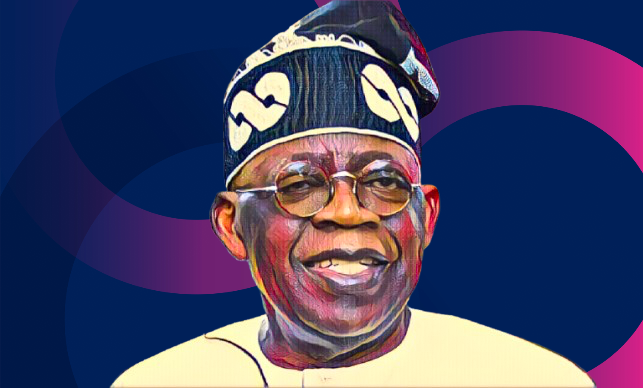KEY POINTS
-
President Tinubu has requested approval for a $21.5 billion external loan and a $2 billion bond to fund critical sectors.
-
An additional N757.98 billion bond is proposed to settle pension arrears under the Contributory Pension Scheme.
-
The proposals are under review by the National Assembly’s debt committee amid rising concerns over Nigeria’s debt sustainability.
President Bola Ahmed Tinubu has formally asked Nigeria’s National Assembly to approve a significant external loan package totalling over $21.5 billion, alongside a $2 billion foreign currency bond issuance and a pension bond program designed to address pressing national financial concerns.
The loan request, presented in a letter to lawmakers, outlines a multi-currency debt plan that spans the 2025–2026 fiscal periods.
The proposed loan includes $21.54 billion in U.S. dollars, €2.19 billion in euros, ¥15 billion in Chinese yuan, and a €65 million grant component. AAN TV reports that funds will be allocated to priority sectors including infrastructure development, agriculture, healthcare, education, and security, according to Tinubu’s submission.
“These funds are urgently required to support critical national investments and stabilize the economy in the aftermath of major fiscal reforms,” the President stated, referencing the removal of petrol subsidies and declining government revenues as key motivations.
Pension liabilities also targeted in loan proposal
In addition to the borrowing request, Tinubu has asked the National Assembly to approve a separate issuance of N757.98 billion in Federal Government bonds. This bond programme is specifically aimed at settling long-standing pension liabilities under Nigeria’s Contributory Pension Scheme.
The President noted that resolving these debts would not only “alleviate hardship among pensioners” but also “restore confidence in the national pension system and stimulate long-term economic activity.”
Experts say the pension bond could be a political and economic win if implemented efficiently, as delayed pension payments have contributed to distrust in public sector retirement benefits and increased financial insecurity among retirees.
However, Tinubu’s latest financial proposal has sparked debate over Nigeria’s growing public debt burden. Critics argue that excessive reliance on external borrowing could strain future fiscal sustainability, especially in the absence of meaningful domestic revenue expansion and structural economic reform.
Nevertheless, Tinubu emphasized that the plan was crafted with Nigeria’s macroeconomic challenges in mind, and he urged lawmakers to treat the matter with urgency.
“Prompt consideration and approval will support our economic recovery agenda and ensure continued service delivery to Nigerian citizens,” he said in the request.
The National Assembly has referred the request to the Committee on Local and Foreign Debts for further scrutiny. The committee is expected to review the terms, intended project impacts, and debt servicing feasibility before making its recommendation.
The Ministry of Finance and Budget Office are also expected to provide clarifications during the review process, especially regarding the concessional nature of the loans and projected repayment timelines.
This latest request follows a string of financial moves by the Tinubu administration, including earlier budget realignments, fuel subsidy cuts, and a push to boost foreign investment. Yet, challenges persist: inflation remains high, the naira is under pressure, and food insecurity is growing.
As the administration walks a tightrope between investment and austerity, the question remains whether these new borrowing initiatives will deliver tangible relief for ordinary Nigerians—or simply deepen the nation’s debt crisis.



